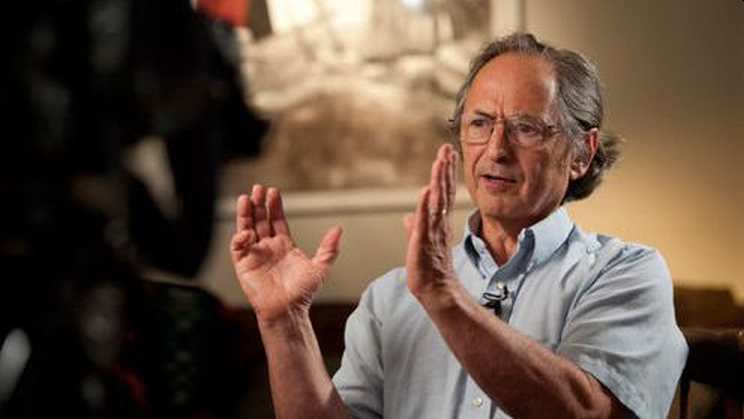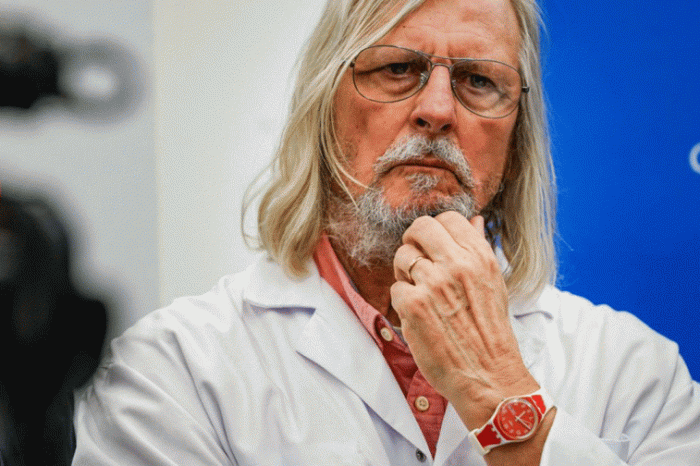Nobel laureate shares some good news about the coronavirus pandemic: “What we need is to control the panic, we’re going to be fine”

With all the bad news over the coronavirus, there is a piece of good news from Michael Levitt, a Nobel prize winner and Stanford biophysicist. Over the weekend, Levitt delivered his optimistic take on the coronavirus pandemic to the Los Angeles Times.
Known for correctly calling early on that China would get through the worst of its devastating outbreak before many other health experts predicted, Now Professor Levitt foresees a similar outcome in the United States and the rest of the world.
While many epidemiologists are warning of months, or even years, of massive social disruption and millions of deaths, Prof. Levitt says the data simply don’t support such a dire scenario — especially in areas where reasonable social distancing measures are in place. Instead, Prof. Levitt predicts a quicker coronavirus recovery. “The real situation is not nearly as terrible as they make it out to be,” he said. “What we need is to control the panic,” he said. In the grand scheme, “we’re going to be fine.”
On Jan. 31, China had 46 new deaths compared with 42 the day before, which Levitt recognized as a slowing rate of growth. So he sent out an optimistic report. “This suggests that the rate of increase in number of the deaths will slow down even more over the next week,” he said in a note widely shared on Chinese social media. Levitt, who won the 2013 Nobel Prize in chemistry, also said the number of deaths would soon start decreasing every day.
“Contrary to the prevailing world concern, the COVID-19 epidemic is almost over in China,” said Professor Michael Levitt, the winner of the 2013 Nobel Prize in Chemistry.
Professor Levitt, who is also a Structural Biology expert at Stanford University, has been keeping a close eye on the trend of the COVID-19 epidemic and has released updating analysis since its outbreak.
In his report on March 2, he used the data from the World Health Organization (WHO) up to March 1 to verify trends that his team had predicted back on February 1. The team analyzed the death cases of the Hubei and non-Hubei areas, and estimated there would be 3,200 total deaths in Hubei and less than 120 deaths outside the province in China. China was by far hit hardest with 94 percent of the deaths.
Levitt received his Nobel prize for chemistry in 2013 for “the development of multiscale models for complex chemical systems.” He did not in any way intend to be a prophet foretelling the end of a plague; it happened by accident. His wife Shoshan Brosh is a researcher of Chinese art and a curator for local photographers. The couple splits their time between the U.S., Israel, and China.




